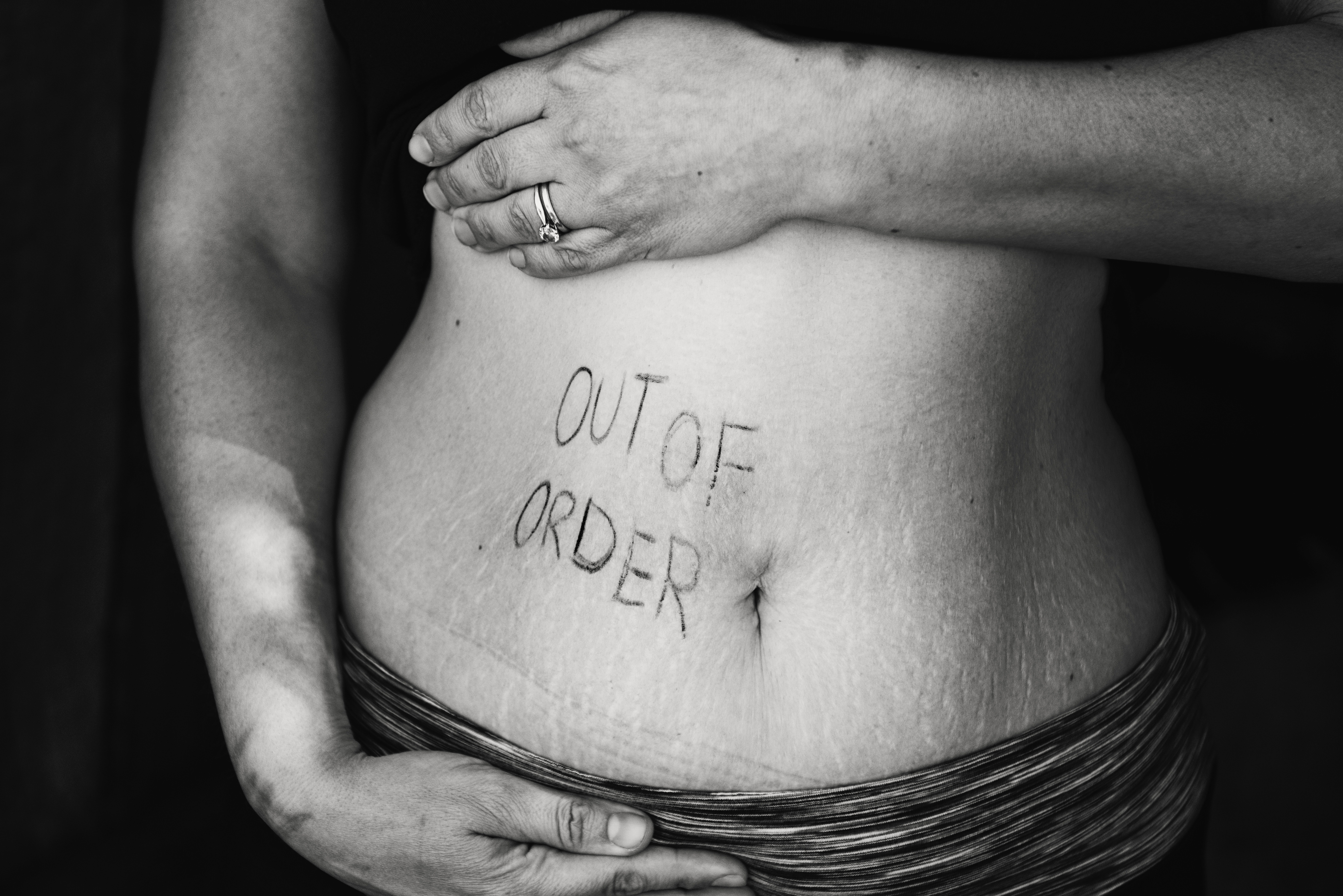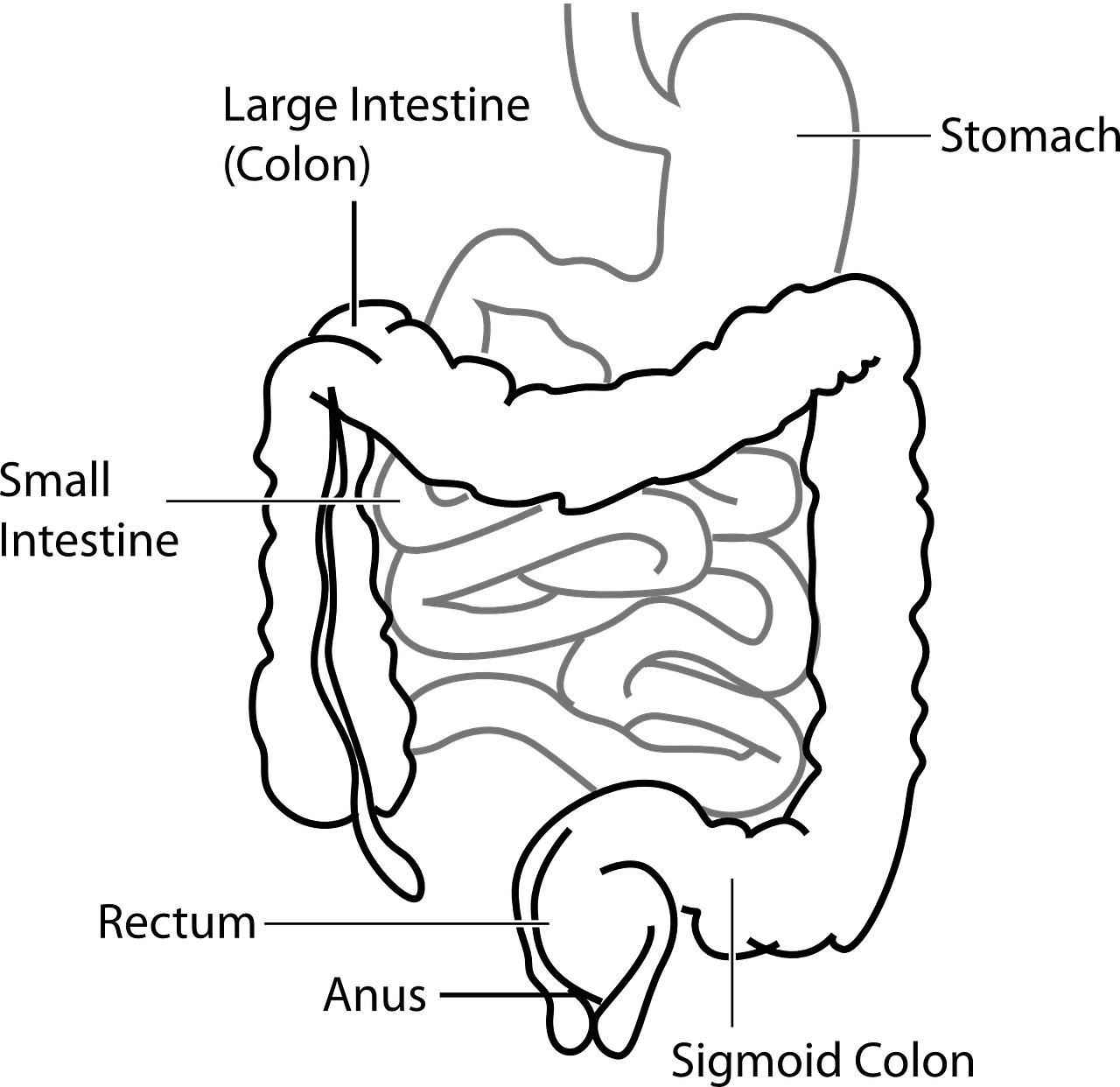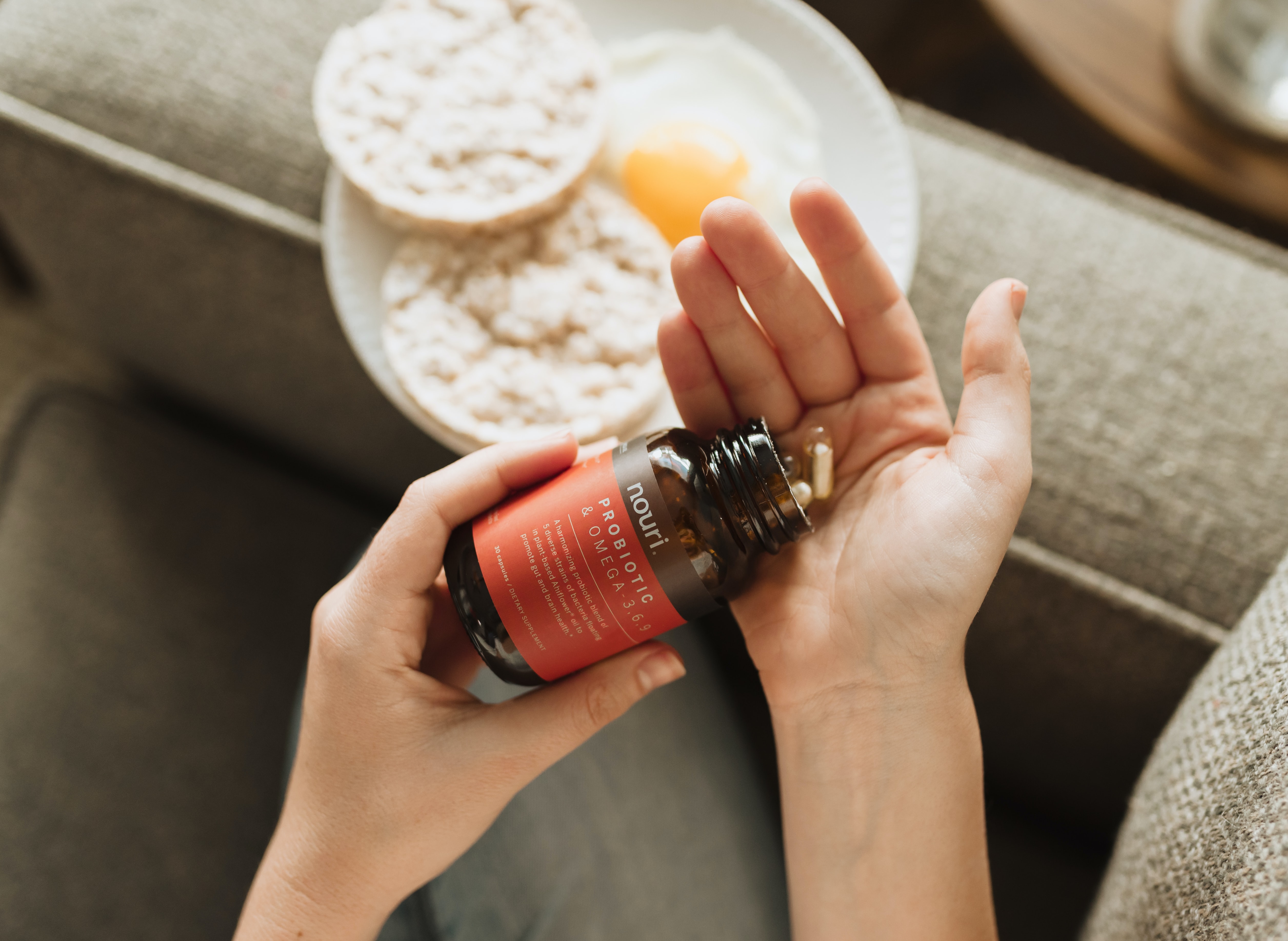Can Post Infectious IBS Be Cured?
Can post infectious IBS be cured? In this article we are going to look at some of the strategies and tactics that I use to help people go from post-infectious IBS to 80-90 percent better. Only about fifty percent of people with post-infectious IBS actually recover. What we want to look at is some of the strategies that I have used to help people actually get better quicker and get to that ninety to one hundred percent better.
So if you want to understand how to cure post infectious IBS, keep reading. We are going to get into the details.
Can Post Infectious IBS Be Cured ?
Yes it can. In a previous article we looked at what is post-infectious IBS. That article got a lot of interest and naturally got questions about wether or not post-infectious IBS can be cured. This article will address this question with the steps you can take to get to a point where your digestion is better. I have helped many patients with IBS and with post infectious IBS get completely cured and no longer have symptoms at all. In some cases they still have mild symptoms, but they are to a point where they are not worrying about it on a regular basis. Before we jump into how to do this, a quick summary on what is post-infectious IBS.
Post-infectious IBS is is a digestive condition resulting from your intestines getting inoculated with some intestinal bug. This could be a bacteria, a fungus, a virus, or a parasite. Any of those can do this and results in IBS-like symptoms. Some people have diarrhea or loose stools and others have constipation or both with cramping bloating etc. Usually these symtoms start after eating out or after you ate some bad leftover food or something like that. The persistence of the symptoms after that event weeks and months later leads us to believe you have post-infectious IBS.
Not all IBS is post-infectious but a lot of cases are from the post-infectious scenario. The persistence of those symptoms occurs for three basic reasons. The first is excess microbes that may still be present, months weeks or years later. The second is general gastrointestinal inflammation. The third is just an imbalance in the normal relative balance of the different microbes that are present in your digestive tract. So what do you do about it?

Studies indicate that somewhere around fifty percent of all post-infectious IBS will recover and not need any specific treatment at all. The time it takes for one person to heal versus another can vary from weeks to months. Remember the other fifty percent recover without anything. Those with anxiety and depression and mood disorders, seem to experience more problems more challenges recovering. We want to look at how do we shorten the time it takes to recover and increase the chance that you fully recover and not have to deal with this. In order to do this we need to understand what the actual problem is. Which of the three issues mentioned above are occurring. Is it dysbiosis or an imbalance? Is it excess microbes? Or is it just this persistent inflammation from the infection that was there before?
Testing for Post Infectious IBS
We don't always have to know the specific thing that's going on in order to get some general strategies or help support and improve the things going on in the digestive tract. There is a test to identify if you have post-infectious IBS too. This can be helpful for people that are unsure if their symptoms are coming from a microbe. For instance, if you are unsure if you have symptoms that have been there for a long time, and you can't pinpoint it to a specific event, this may be worthwhile checking. It can still be worthwhile doing it even if you do have that association, as certainty is key.
The test is called "IBS smart" and it's measuring different antibodies to your intestinal tract. These antibodies increase from your immune system when you have post-infectious IBS. The antibodies are called anti-vinculin and anti-cdtb. Check that out if you're unsure of the source of your IBS.
In order to shorten the time span from your current digestive issues to getting better from post-infectious IBS, we need to know what's going on (at least a general idea). We said there's different bugs that one can get like bacteria viruses fungus parasites et cetera. Which one you have or had is not always easy to tell without testing. Testing is limited and when it is available it is not always accurate either. However it's more common to get viruses or bacteria than it is any of the others but the others can occur too. If you are in an area of the world where parasites are common, it might be worthwhile doing some parasite tests. We are going to focus more on the bacterial side, since that is more common and what I have seen more of.
The two things that we will look at for pathogenic bacteria are different clostridial species and Klebsiella species and overgrowth syndrome. When there is pathogenic bacteria, they can be anywhere in the intestines but usually they are in the colon (large intestine). There's no test or way to really differentiate where these issues are occurring unless you are doing a biopsy but where they are doesn't always matter either. When testing for digestive issues this is mostly discovered through stool testing and different metabolomic testing. When they are found it is assumed they live in the large intestine.
Overgrowth syndromes on the other hand are going to be more in the small intestine. These are typically the friendly bacteria that are now in the wrong place. Because of this, they create a mess and a lot of fermentation that causes a lot of your IBS symptoms.
When there is excess bacteria issues are occurring, it can be difficult to isolate through testing. The tests can be expensive as well. If you are not really getting better, it is important to utilize testing so treatment is more effective. Some testing options include a stool test with a culture and sensitivity for different bacterial strains. These test can also use PCR amplification to identify different bacteria through their DNA. There are also Organic Acid Test which look for metabolites of different microbes like fungal, clostridial species and other harmful bacteria. There is also the SIBO test itself. As mentioned these tests don't always show when there is a problem. This is where clinical experience and having a doctor that knows and understands GI problems is helpful. The whole point of testing is to narrow in on what microbial problem is or is not present.
Curing Post Infectious IBS
Once you know which microbe is present, you need to take an antimicrobial to reduce it's presence. Sometimes we use prescriptions and sometimes we use herbs. Both have the potential to make things worse if you don't get it right. Because of this I will limit the discussion on those.
In the case that you think you have cleared the microbial issue and there is lingering inflammation, then you will be looking at helping your body recover and resolve the digestive inflammation. For this kind of issues you will basically be doing a trial of supportive nutrients, supportive herbs, probiotics and things like this. These will help the body recover faster. These are things like glutamine and slippery elm and usually found in formulas for leaky gut like GI Repair. They are all going to help with the overall recovery process. If you still have the bacteria or or microbes present in the intestines, it will be difficult for you to fully recover. If you are adding in these things like probiotics and other things you may get worse. Especially if they contain prebiotics. Prebiotics and probiotic with prebiotics can actually make things worse when you still have these bacterial problems present. Check out this article on
Why Most leaky Gut Cures Don't Work
Leaky gut cures can be really great and helpful. There is a time and a place to use them. If you still have bacteria or excess microbes in your intestine, they are probably not going to help a lot. In some cases, it will make things worse. Because of this potential, testing is oftentimes needed. You should always consult your doctor when you're trying to get a better understanding of what's going on and get to one hundred percent. Your doctor can help you make sure you are keeping the full picture in view.
Post-infectious IBS can be cured. I have helped many patients do it. Sometimes you need more testing, sometimes you just need to use some supportive nutrients like the glutamine and general leaky gut cures.
That should give you a better understanding of what could be going on with your body when you think you might have post infectious IBS. If you have questions about the content in this article, please ask it in the comment section below.
If you want a customized plan on how to cure your post infectious IBS, click in the link below to get started.




















